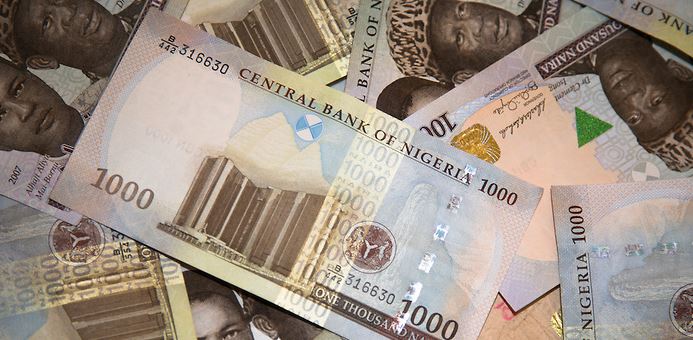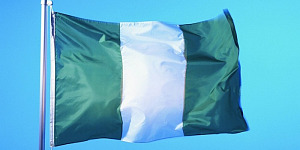Nigeria's central bank left its Monetary Policy Rate (MPR) steady at 14.0 percent and said it was still committed to lowering the rate but right now a "rate cut would worsen the inflationary conditions and undermine the current outlook for stability in the foreign exchange market."
The Central Bank of Nigeria (CBN), which raised its rate 300 basis points last year to curb inflation, said it expects inflationary pressures to begin to subside as non-oil output recovers and the exchange rate of the naira stabilizes.
But lowering the rate now - a view the CNB described as prevalent in financial markets - would not only worsen demand pressures and undermine existing income from higher inflation, but also make Nigeria unattractive for foreign and domestic investment.
"Given these limitations, the Committee was reluctant to lower the policy rate on this occasion but remained committed to doing so when the conditions permit," the CBN said.
In December Nigeria's inflation rate rose for the 11th consecutive month to 18.55 percent from 18.48 percent in November.
The naira has been trading between 317 and 305 to the U.S. dollar in recent months following a plunge of around 35 percent last year. In June 2016 year the central bank removed its 197 peg to the dollar, resulting in an immediate 30 percent drop in its value.
But the naira continued to weaken and authorities introduced several measures to control the exchange rate, with the naira on the black market trading about 40 percent below the official rate and businesses complaining about the lack of foreign exchange.
Nigeria's Gross Domestic Product expanded by 8.99 percent in the third quarter from the second quarter but on an annual basis the economy shrank for the third quarter in a row.
The economy contracted by an annual 2.24 percent in the third quarter of last year, up from minus 2.06 percent in the second quarter and minus 0.36 percent in the first quarter.
The central bank was bleak in its view of the headwinds facing Nigeria and the global economy, saying it had considered "the implications of the rising wave of nationalist ideologies across the West, the re-evaluation of trade agreements and the possibility of rapid monetary policy normalization in the United States, with adverse consequences for other countries, including Nigeria."
In addition, it pointed to uncertainties from the U.K.'s decision to withdraw from the European Union and the "apparent retreat from globalization and free trade were also important points of reflection."
In light of what it described as "the seemingly inevitable structural shift in the global economy," the CBN reiterated the need for Nigeria to be more inward looking and hasten efforts toward economic diversification to lessen the "chronically import dependent consumption culture," lack of competitiveness of many sectors and yawning infrastructure gap.








































